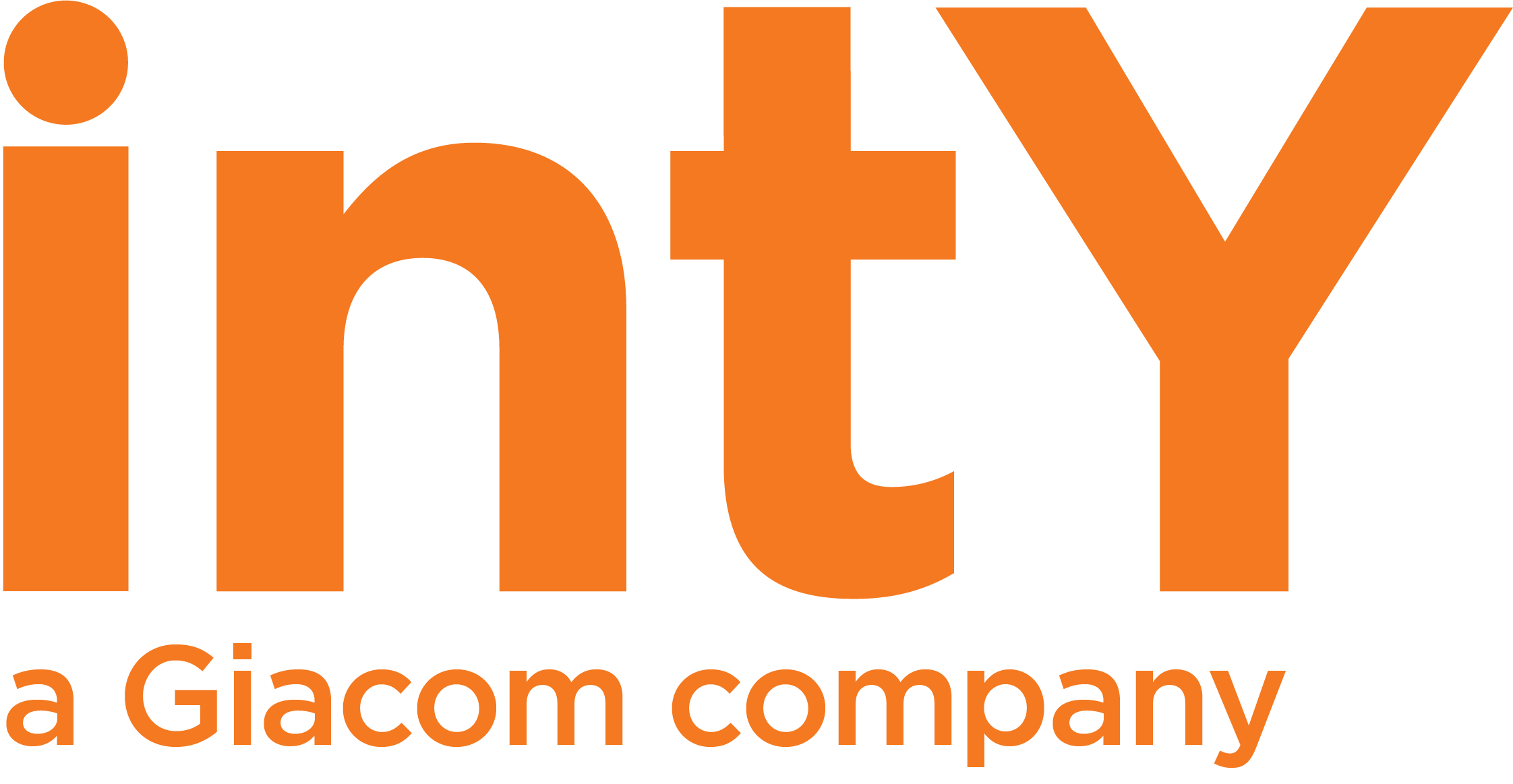Home » Harnessing Microsoft Cost Management: How can you take advantage?
Harnessing Microsoft Cost Management: How can you take advantage?
- Adam Jones
- Articles, Microsoft Azure
In the evolving landscape of cloud computing, having a clearer insight into your cloud spending is not just an advantage, it’s a necessity. As businesses are increasingly adopting hybrid and cloud solutions, one issue consistently remains: How do you control cloud costs effectively?
In this article we’ll be looking at the Microsoft Cost Management tool, explaining why you should be using it and then discussing some of the new and upcoming features mentioned with the latest July 2023 updates that are especially relevant for Small to Medium Businesses.
What is Microsoft Cost Management all about?
Microsoft Cost Management (formerly known as Azure Cost Management) is a commitment to ensure that you are never caught off guard by unexpected costs. When used properly, it can provide insight into your cloud spending, allowing you to see a visualisation of your real-time expenses and provides you a better understanding of your forecasted costs.
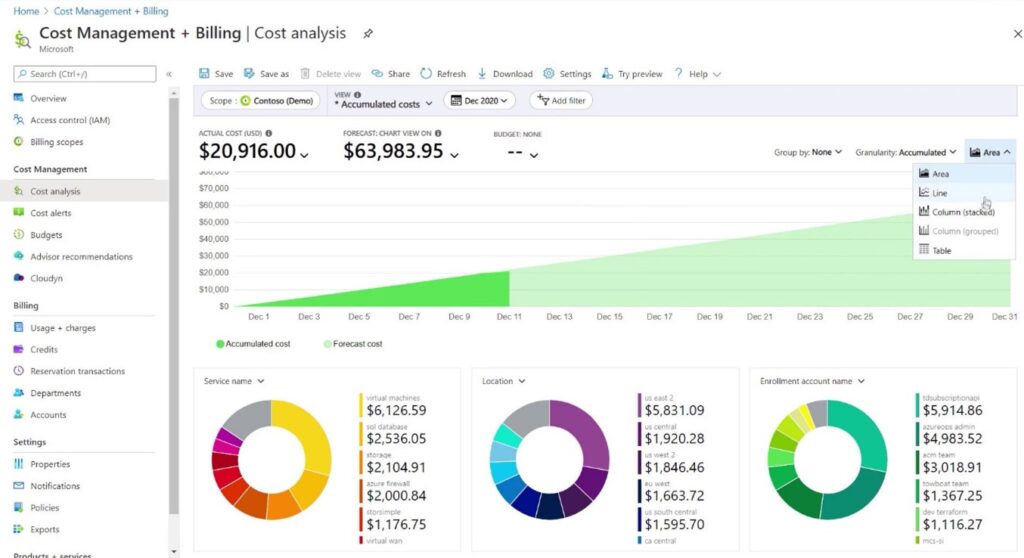
Visualise and Analyse your cloud spend easily.
You can define the scope of the information displayed, filter it granularly and then save these custom views for future use.

Filter the information to only display what is relevant.
This allows you to allocate your costs more effectively, by using filters to break down your Azure environment expenses by resources, tags, and resource location, etc…

Specify resource allocations to see which department is using what resources.
Stay on top of your cloud expenses by setting up and monitoring budgets. You can receive e-mail alerts when you are nearing or exceeding a set budget.
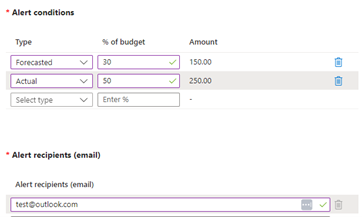
Create custom budgets and keep adding recipients to ensure alerts are sent to the right people.
The tool combines with the power of Azure Advisor to optimise your cloud efficiency and give customised recommendations on how you could be spending better.

Utilise Advisor recommendations to optimise your Azure environment.
You can then easily export your data in a structured format for tools such as Excel or Power BI for further analysis and can choose to schedule these exports to occur on a certain daily, weekly, or monthly basis.

Export the data to .PNG, an Excel spreadsheet or a .CSV file.
Microsoft Cost Management also supports multi-cloud environments meaning you can even manage your costs for competitor public clouds such as Amazon Web Services.
How can you get started?
To access Cost Management for any subscription, simply log into your Azure portal and then navigate to “Cost Management + Billing” in the left-side menu. Once you have found it, I would highly recommend bookmarking the page so you can easily find your way back to it, regularly revisiting this page is always good practice.
If you are a current intY partner and are having issues seeing your Cost Management page, get in touch with us and we’ll be able to help you.
So, what’s new with Microsoft Cost Management?
It’s very clear that Microsoft is committed to improving their Cost Management tools, they have been adding updates every single month and are always looking for customer feedback.
At this time of publishing, the features mentioned below are not yet in General Availability. You can still get a chance to play around with many of these features within the Microsoft Cost Management Labs preview tab before their upcoming release.
Artificial Intelligence Cost Management Advisor
As with everything Microsoft related, Artificial intelligence will soon be integrated within the Microsoft Cost Management tool. This will allow you to utilise natural language models to query information about your cloud spend to find the exact answers that you are looking for.

Click to see a video demonstration
This feature is currently in Private Preview (sign up here) but availability is sure to change over the coming months, you can view more information here.
Grouping of SQL Databases
You can now get a consolidated view of your SQL related costs. It can automatically group SQL Databases and elastic pools under their parent server, giving you a more unified view and better understanding of SQL related expenses.
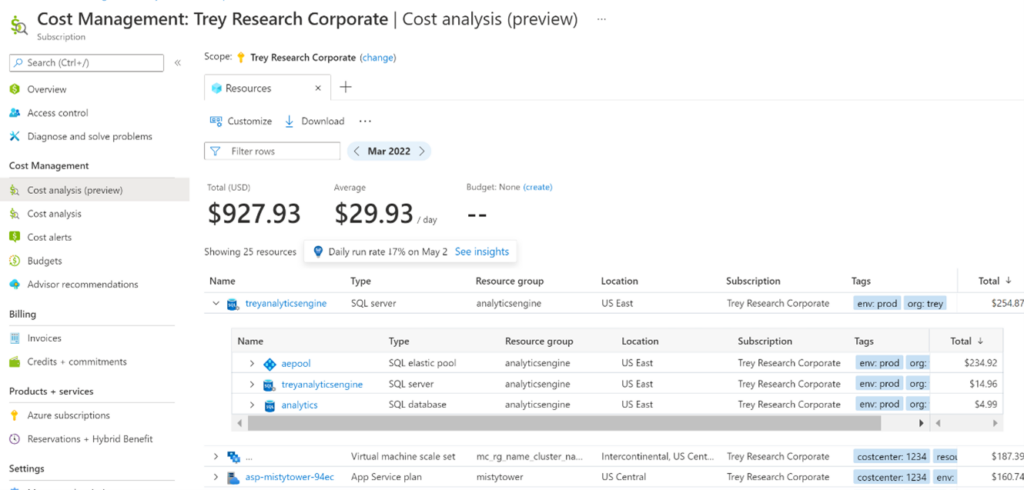
Group Related Resources Together
Not all resources have a parent resource, and it can be difficult for Azure to automatically detect related resources. This new feature allows you to utilise tags to categorise related resources which then displays them together within the cost management tool.

Example of an Azure Virtual Desktop host pool configured with two different VMs, all grouped together within the Cost Management tool.
This feature is currently available within the preview tab of Azure Management.
Anomaly Detection Alerts
Similar to budget alerts, you can now get an alert as soon as anomalies are detected in your subscription, meaning even less unexpected costs.
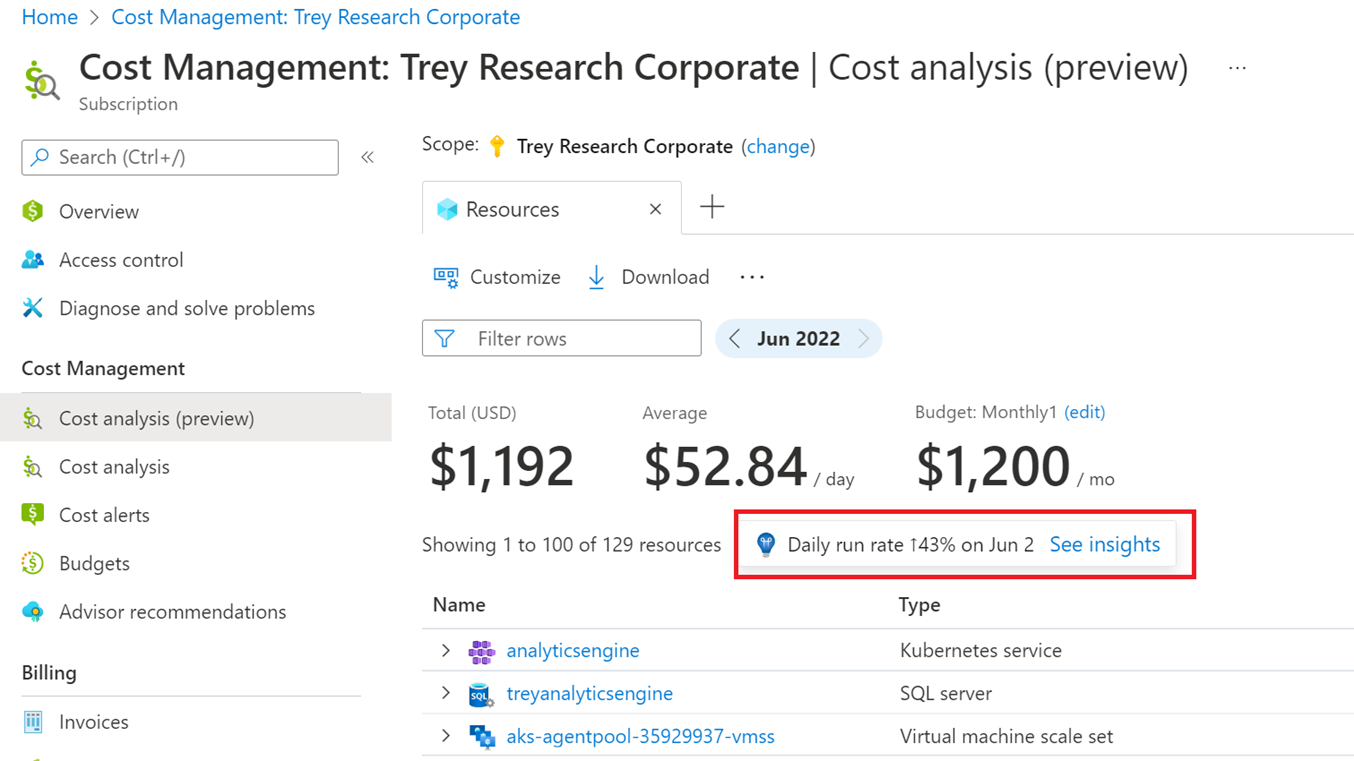
This feature can be enabled now within the Preview tab on your Cost Management page and can be set-up through the cost alerts tab.
Charts in Cost Analysis:
Who doesn’t love charts? Now you can easily preview daily or monthly charges for your specified date range, giving you further visual representations and allowing you to easily identify trends and compare costs over time.
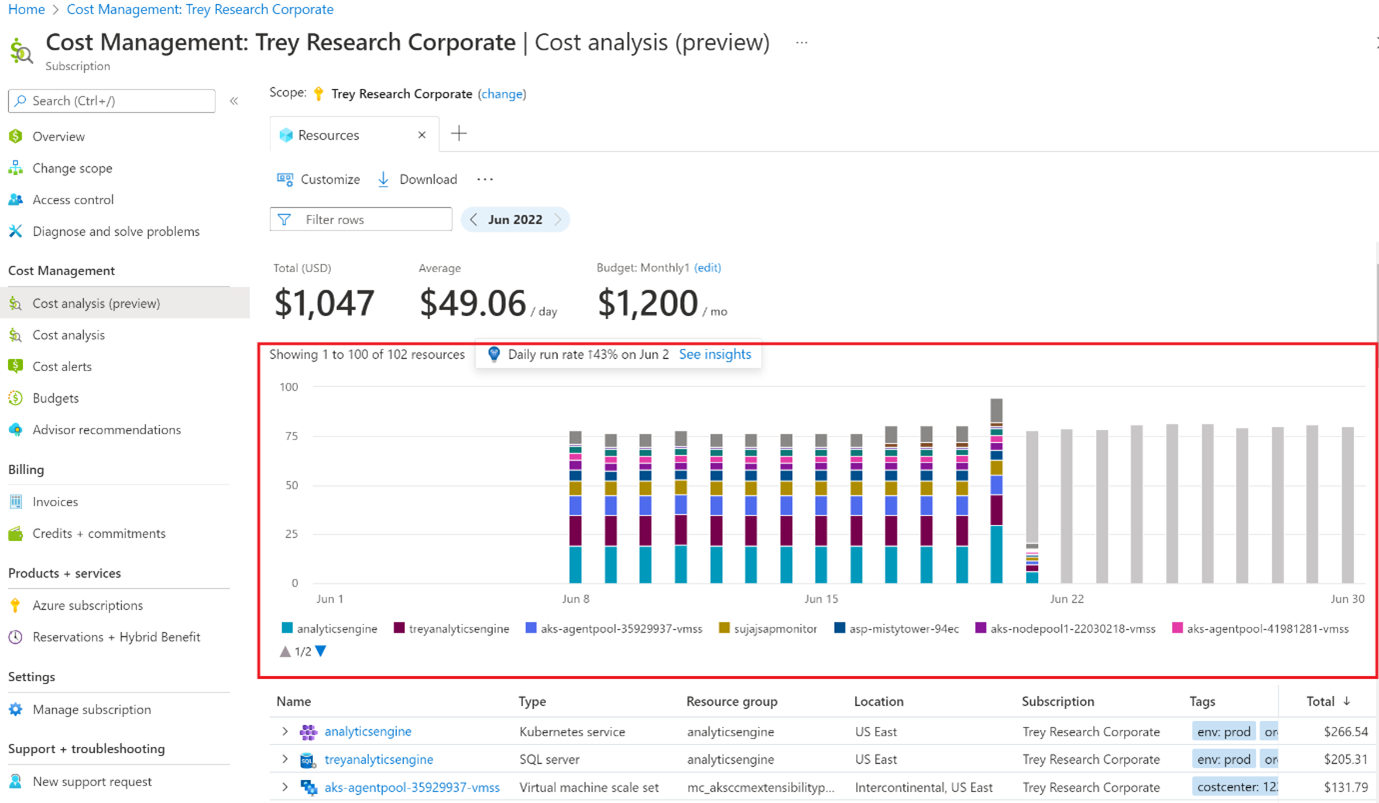
This feature can be enabled in the preview tab.
Reservation Utilisation Alerts
Reservation Utilisation Alerts constantly monitor your Reserved Instances and will alert you when your reservation is exhibiting low utilisation. Allowing you to optimise your reservation for maximum efficiency.

This feature once again can be enabled in the preview tab.
In conclusion
Let’s think of the Microsoft Cost Management tool as your accountant within Azure, it doesn’t just show you where your money is going but it practically gives you a guided tour of your spending habits and offers you potential recommendations on where to improve.
With upcoming features such as AI Cost Manager Advisor, Reservation Utilisation Alerts and more updates being released every month. It shows Microsoft’s clear commitment and understanding that having a better clarity of your cloud costs is of the utmost priority. As a partner, you can adopt this tool to optimise your customers Azure spend, making you a true Trusted Advisor in every sense of the word. You’ll be able to reinvest your savings into enhancing your customer’s existing environment with additional security features or redirecting it into other projects.
Want to explore the full capabilities of Microsoft Cost Management? Then please don’t hesitate to get in touch with intY’s Azure Practice for a further overview of its capabilities.
Related Posts

How adding Microsoft Teams into your stack can unlock new business potential
Unlock the potential of Microsoft’s Modern Workplace for business growth and competitiveness with intY’s support.

Unleashing the power of Microsoft Security Copilot
Microsoft Security Copilot is an AI-powered security analyst that uses GPT-powered natural language to investigate and respond to security incidents, threats and vulnerabilities.

Azure and OpenAI: Why should you care?
We’ll be examining what OpenAI models actually are, exploring how you can create custom solutions using these models within the Azure OpenAI Service, and then discussing how small to medium businesses (SMBs) could potentially benefit from all of this.
